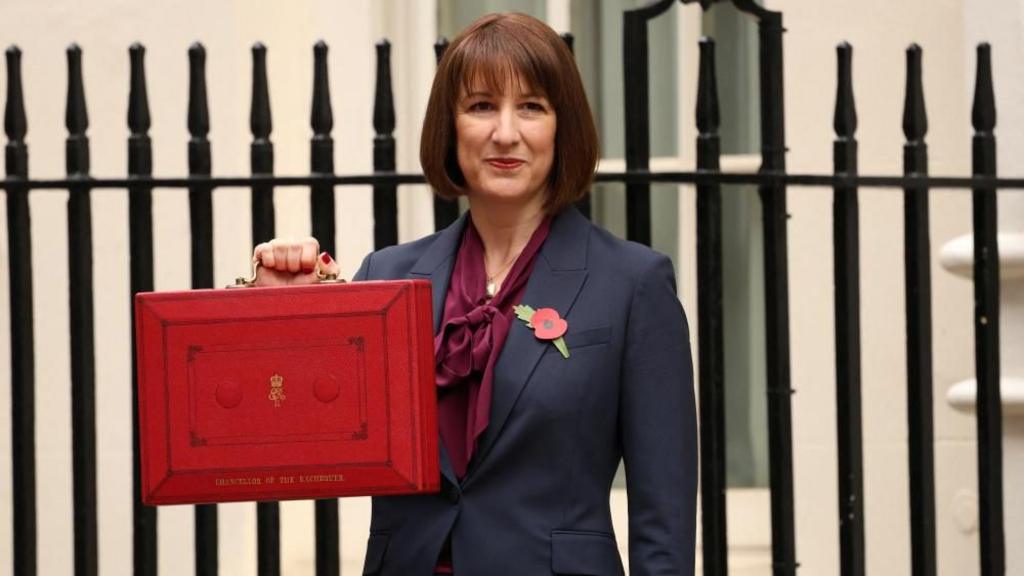Autumn Budget 2024 - New Support for Carers and Social Care Initiatives
Today’s Autumn Budget brought several significant announcements for carers, with Chancellor Rachel Reeves MP confirming enhancements to Carer’s Allowance rules.

From April 2025, carers receiving this allowance will be able to work up to 16 hours a week at the National Living Wage - an expansion that marks the largest adjustment to the earnings cap since Carer’s Allowance was first established. This milestone reflects years of advocacy by organisations care organisations up and down the UK, who have consistently raised the issue with government officials.
With the National Living Wage rising to £12.21 next April, eligible carers will see an increase in allowable earnings, reaching £196 per week, or up to £10,192 annually, while still retaining their Carer’s Allowance. This adjustment translates to an additional £45 per week, or £2,340 per year, for carers.
Linking earnings limits to the National Living Wage
For the first time, the earnings limit will be directly linked to the National Living Wage, ensuring that future increases will automatically adjust the earnings threshold. Previously, wage rises exceeded the earnings cap, forcing many carers to reduce their hours to retain their benefits. Now, carers can work up to 16 hours per week at the new National Living Wage without impacting their allowance.
Key changes for Carers’ Allowance:
- Current Earnings Limit: £151 per week
- New Earnings Limit (April 2025): £196 per week
- Weekly Work Hours (at National Living Wage): Increasing from 13.2 to 16 hours
This policy shift will impact carers across England, Wales, and potentially Northern Ireland, as the region typically aligns with decisions made at Westminster. Meanwhile, Carers Scotland is seeking clarity to ensure these changes apply in Scotland as well.
Ongoing advocacy and future reforms
While these updates represent progress, the call for broader reforms remains strong. Many carers, due to the demands of their roles or their health, cannot work even part-time. It’s estimated that 1.2 million unpaid carers in the UK live in poverty. Along with other care organisations, CarersCardUK will help in any way it can in raising awareness of carer poverty and bringing the voices of those affected to policymakers. It’s vital that we help ensure that no carer faces poverty due to their caregiving responsibilities.
Investments in social care
The budget also earmarks £600 million in new grant funding to support social care via local authorities. While this funding is a welcome development, it’s important to emphasise the need for a long-term financial strategy for the sector. Over recent years, social care has relied on last-minute injections of funds, which can hinder effective planning and execution. A comprehensive approach to NHS and social care, potentially as part of the government’s anticipated 10-year reform plan, would offer a clearer, sustainable path forward.
Let’s keep going!
Posted: 30/10/2024
